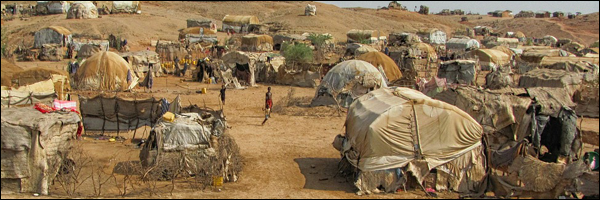When I was around seven, my mom got a call from the American Red Cross. They were trying to track down my dad for a Vietnamese refugee staying in a Philippine refugee camp. The young man had escaped from Vietnam and made his way by boat to the Philippines. Years before, my dad had sponsored this young man’s Amerasian sister through the Pearl S. Buck Association. When South Vietnam fell to the communists, my dad lost all contact with the family. Now Michael (not his real name) was trying to reach the only person he “knew” in the United States. Would my dad sponsor him to come? My parents prayed about it and knew that if they were in such a situation that they would want someone to help them. This decision lead to days and perhaps months of preparation–I honestly don’t know how long it was from the time my parents received the phone call from the American Red Cross until we picked Michael up from the airport. I can remember going to Refugee Resettlement meetings with my mom. One of the women present encouraged others to be sure they got everything out of the “vanilla” envelopes they received from the government. She had once missed an important document for a refugee because it was stuck to the bottom of the “vanilla” envelope. As a seven-year-old, I wondered why people were sending paperwork in empty cartons of vanilla ice cream.
When Michael arrived at the airport, he had very, very little. It was winter and he had come from the Philippines. He had on a red, white and blue coat and carried a small blue bag–about the size you would put a bowling ball in–that was it. We took him home and my dad got him set up in the bedroom we had gotten ready for him in our basement. We had been a one bathroom house up until that point, but my parents had a bathroom built in the basement in preparation for Michael. I’m not sure how long Michael lived with us–maybe about six months. I remember him sitting in the living room drawing pictures with magic markers for my sister and me. One picture was of a two story house with a clothesline and gardens. That was his family’s home before Vietnam fell. It seemed to be a nice house and I remember thinking that he liked it a lot. The picture looked peaceful. When he decided to try and escape Vietnam, he went to stay with his grandmother who lived near the coast. When he got up in the morning to leave, she was dead. He ate bananas from a tree and managed to get on a small boat. There were lots of people on the boat. He drew a picture of the boat. The boat was attacked by pirates. The pirates took the gold ring his father had given him when he left. The pirates also took the babies on board and tossed them into the ocean. The babies’ parents jumped in after them to save them and drowned. Somehow Michael and some of the others on his boat managed to survive. Perhaps the pirates got what they wanted and left them alone. I don’t know if he ever said. Eventually, they got to a beach and, well, the rest is history. I know it wasn’t that easy, because he talked about surviving on bananas.
In some ways, the time Michael was in my life on an everyday basis was short, but I have many memories. I can remember my mom loading him and my sister and me in the car and taking us to the Oriental Market, so he could shop. He had his own money and I remember he bought a package of “candy” and opened it up to share with my sister and me. Expecting something sweet, I just about gagged on the dried squid he proudly offered and was probably not very gracious. He had learned how to play the piano while in the refugee camp and would sit down and play for us. Once while he was playing, I came up to him, held up my foot and said, “Trick or treat, smell my feet, give me something good to eat!” He stopped playing and disappeared out the front door. When he came back, he had a package of candy–he had run all the way to the grocery store and back, which was at least a mile away.
I also remember going to Vietnamese banquets for New Years and other important events. Michael would play the keyboard and we would listen to people sing and talk in Vietnamese. I usually liked the food at these events. Some of my favorites were the egg rolls, chips that I thought looked like Styrofoam but tasted good, and the ever present Vietnamese-style “bundt” cake–I’m pretty sure it had lots of eggs in it. I got used to being one of the only blond-headed kids in the room and really didn’t mind it. Honestly, I kind of enjoyed it.
I’m sure as a family that we missed opportunities to make Michael feel more welcome, but we helped him get here and we still see each other. Today he and his wife are long-time business owners in my hometown. When my dad died, he was there at the graveside with his son. Seeing him meant so much at that moment.
Today, when I see pictures of young Syrian children washed up on shore, I’m filled with sadness. They could be my own children and it seems like this could be avoided. I know something can be done about it, because people throughout history have opened up their homes to refugees seeking asylum. And I envy countries like Germany, Iceland and Greece whose people are opening their hearts and homes to these people. Is is easy? No. Is it doable? Yes. Is it the right thing to do? Yes. Will it pay dividends? Yes. Will it shape your family and worldview for the better? Yes, definitely yes! Is America missing out? Sadly, yes. Every day, we miss out on beautiful, unclaimed treasures. Countless people who could enrich our lives, our homes, our communities and our children’s lives. We are the poor ones.
Pastor Laura









